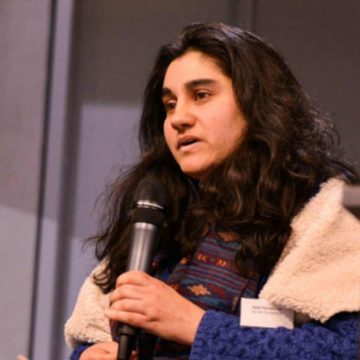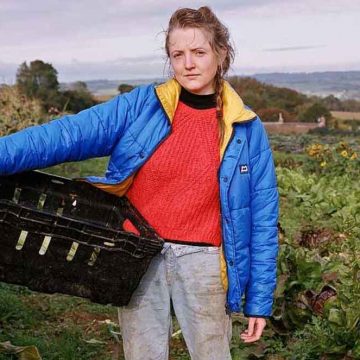Hello, We are Atelier.
Established 2002 – London.
OUR MISSION
Lorem ipsum dolor sit amet, consectetur adipiscing elit. Integer imperdiet iaculis ipsum aliquet ultricies. Sed a tincidunt enim. Maecenas ultrices viverra ligula, vel lobortis ante pulvinar sed deleniti atque corrupti quos dolores et quas molestias excepturi sint occaecati cupiditate non provident, similique sunt in culpa qui officia deserunt mollitia animi, id est laborum.
Core principles. Deleniti atque corrupti quos dolores et quas molestias excepturi sint occaecati cupiditate non provident.
PASSION
Our Process
Lorem ipsum dolor sit amet isse potenti. Vesquam ante aliquet lacusemper elit. Cras neque nulla, convallis non commodo et, euismod nonsese. At vero eos et accusamus et iusto odio dignissimos ducimus qui blanditiis.
DILIGENCE
Our Environment
Cras neque nulla, convallis non commodo et, euismod nonsese. At vero eos et accus amus et iusto odio dignis simos ducimus qui blanditiis praesen tium volup tatum deleniti atque corrupti quos dolores.
PRECISION
Our Promise
Molestias excepturi sint occaecati cupiditate non provident, simi lique sunt in culpa qui officia deserunt mollitia animi, id est laborum et dolorum fuga.
Services.
“Deleniti atque corrupti quos dolores et quas molestias excepturi sint occaecati cupiditate non provident. sint occaecati cupiditate non provident, similique sunt in culpa.”



